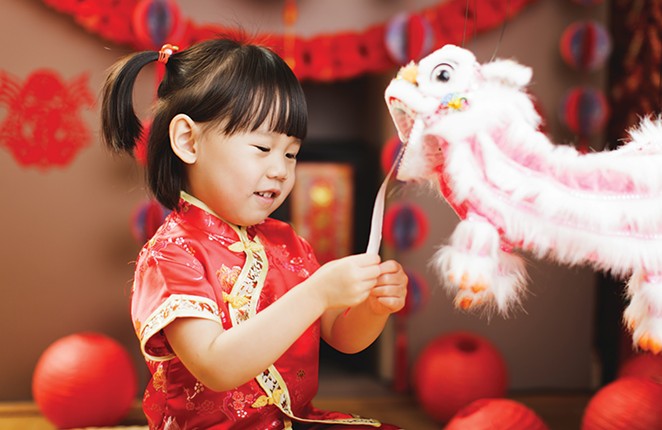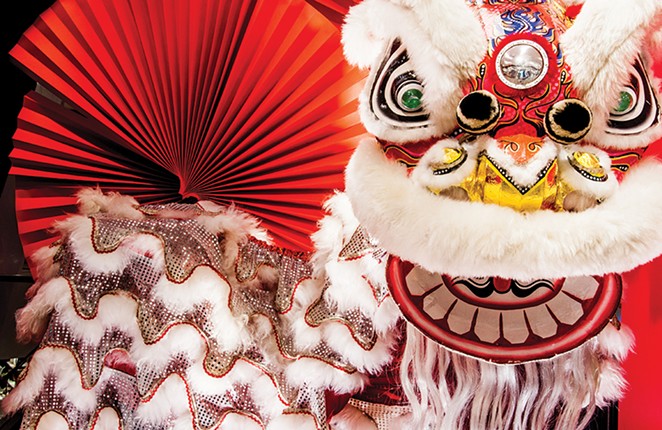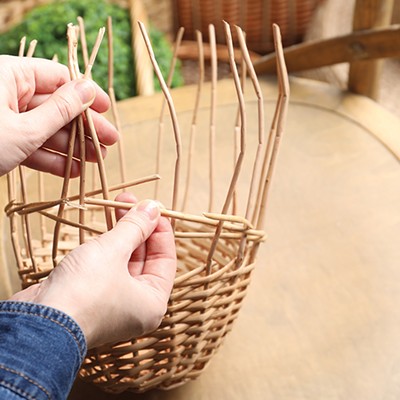Celebrated by millions of people around the world, Lunar New Year is popular in East Asia, Southeast Asia and the Middle East, as well as in many Asian American communities worldwide.
The holiday marks the beginning of the new year based on a lunisolar calendar, which follows the phases of the sun and moon, and is held on varying dates depending on each culture's unique calendar.
Chinese New Year typically falls on the second new moon after the winter solstice, which takes place in either late January or early February according to the Gregorian calendar. The Korean and Vietnamese New Years generally follow the Chinese New Year, whereas the Burmese, Cambodian, Lao, Sri Lankan and Thai calendars occur in mid-April, as they follow the Buddhist calendar.
The Lunar New Year celebration often takes place over multiple days, from the beginning of the new moon to the next full moon, approximately two weeks later. This year, the Chinese Lunar New Year will begin on February 10 and last until February 24. Each year, a new animal in the zodiac takes its place of pride; this year is the year of the dragon.
During this special holiday, many important traditions are honored in the hopes of bringing good fortune and blessings to the new year ahead. In China, workers typically receive eight days off work, as this is an official public holiday. According to the Travel China Guide, there is a specific schedule of events and customs that people in China follow to honor the most important celebration of the year.
Beginning in the days preceding the new year, celebrants clean and decorate their entire house, shop for special foods like pork and bean curd and worship their ancestors by making sacrifices. According to traditional Chinese culture, the Kitchen God reports about the daily affairs of each family to the Jade Emperor, so it is very important to make sacrifices of water, candy and beans to flatter him and earn a positive report. A clean house is also imperative, as dusting drives away the old things and welcomes in the new. Taking baths and washing old clothes is also known to remove bad luck from the prior year.
On New Year's Eve, celebrants stay up all night to enjoy a big family reunion dinner filled with special foods like fish, spring rolls and dumplings. As the clock strikes midnight, many people set off fireworks and ring bells in prayer. As part of the celebration, they also affix above the front door, special poems known as the Spring Festival Couplets, which are composed of black or golden characters written vertically on a large red paper scroll. These poems express wishes for the new year ahead.
On New Year's Day itself, again, many set off firecrackers and fireworks in the streets to chase away evil spirits. Also, special foods steeped in symbolism bring good fortune for the new year. Dumplings are a popular choice because their shape is like the ancient currency of gold ingots, while noodles are a symbol of longevity.
Another popular tradition involves parents and grandparents giving children and younger, unmarried members of the family small red envelopes filled with lucky money. Red is considered the most auspicious color in China because it symbolizes happiness, energy and good luck.
In the days after the New Year, Chinese people worship the god of money, make special visits to their relatives and refrain from slaughtering goats or sheep. On the last day of the festivities, they hold a special lantern festival on the night of the full moon, where they enjoy the beauty and magic of differently shaped lanterns and play fun lantern riddle guessing games. Some areas of China also celebrate with an elaborate parade of performers, such as lion dancers, which attracts travelers from across the land.
Why not honor the wonderful diversity of culture and welcome the season by celebrating the Lunar New Year? There are many exciting ways a family can mark this holiday and learn about different people and cultures, from cleaning house and making dumplings to visiting relatives and offering small red envelopes to children. Be sure to honor family ancestors and pray for good fortune in the new year ahead!























